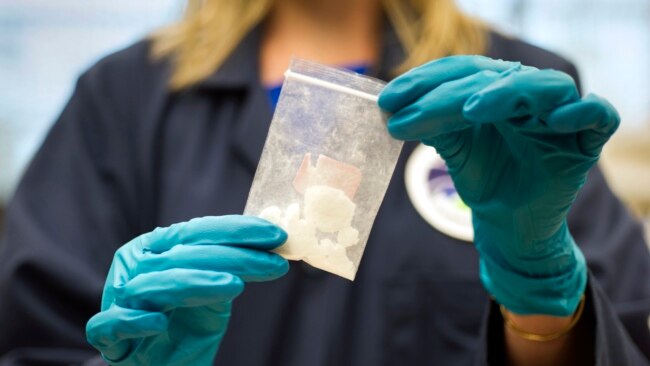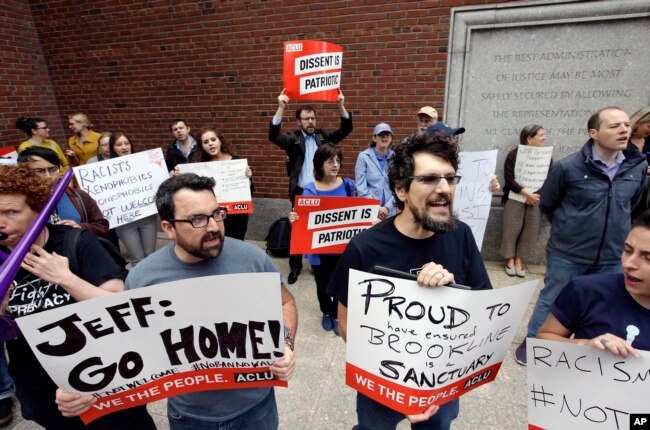basquebromance
Diamond Member
- Nov 26, 2015
- 109,396
- 27,004
- 2,220
- Banned
- #1
Not all heroes wear capes
Spirit Airlines Pilot Fatally Overdoses On Cocaine Spiked With An Elephant Tranquilizer
Spirit Airlines Pilot Fatally Overdoses On Cocaine Spiked With An Elephant Tranquilizer







